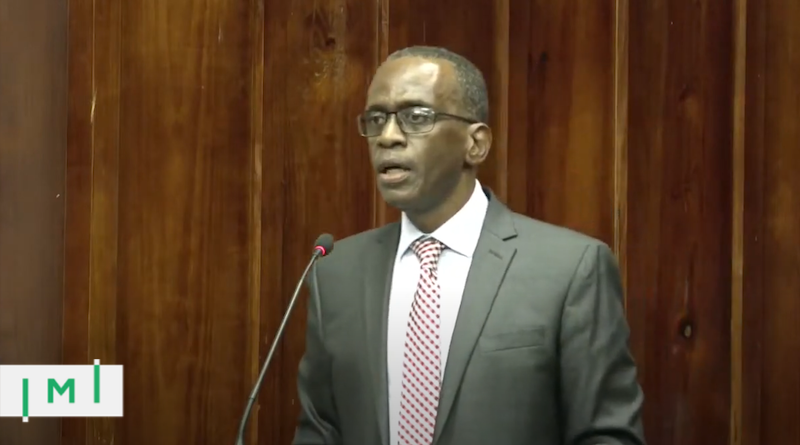Saint Lucia Elects New Government: What Does it Mean for the Citizenship by Investment Program?
In what is accurately described as a landslide electoral victory, the Saint Lucia Labour Party (SLP) yesterday won 13 out of 17 possible parliamentary seats in the country’s general election. A further two seats went to independent candidates, while Prime Minister Allen Chastanet’s United Workers Party retained only two seats. Philip J. Pierre, leader of the SLP, is now the Prime Minister-designate.
Changes of government in CBI countries invariably bring such programs’ futures into question. What will the upcoming change in Saint Lucia’s political leadership mean for the country’s citizenship by investment program?
What do we know about Prime Minister-designate Philip J. Pierre’s stance on the CIP?
Note first that it was the SLP that introduced the CIP to Saint Lucia in the first place, back in 2015 when Pierre was Deputy PM, prior to being unseated by the UWP in 2016. That observation alone should provide some comfort to those concerned that the new administration might want to do away with the program.
A number of local agents with whom IMI has been in touch did not wish to go on record – prudently aiming to stay out of politics – but indicated they did not anticipate any end to the program altogether.
There is nothing to indicate the new administration opposes citizenship by investment per se. The former opposition’s reproaches of the Chastanet administration for its handling of the program have related more to matters of transparency, use of CBI-funds, and program pricing than to more fundamental concerns.
“Complete reform of the CBI program”
In a letter published in MENA-FN and other outlets a year ago, Pierre indicated his plans included an overhaul of the program:
“There will be a complete reform of the Citizen by Investment (CBI) programme to provide accountability, transparency, and the responsible use of its funds. We will review all major capital projects to determine which ones can be a priority in these extraordinary times of COVID-19.”
In 2017, opposition parliamentarians walked out of the House of Parliament upon finding that a motion to debate the program had been struck from the agenda. The statement intended for debate related to how the government was using funds raised through the program. Pierre said, at the time, that Prime Minister Chastanet’s deferral of the debate had contributed to “growing suspicions about the lack of transparency and trust in the [CIP].”
In early 2018, Pierre chastised CIU-head Nestor Alfred for divulging the number of new citizenships issued to CIP investors and their family members without first reporting the same in Parliament.
“It was not in Mr. Nestor’s remit to say how many citizens were given passports if the document has not been laid in the House,” Pierre told The Voice Saint Lucia in February 2018. Pierre implied Alfred’s action was political in nature and said “technocrats must remain technocrats”.
Perhaps indicating he had taken Pierre’s advice to heart, Alfred did not wish to comment on election results when contacted by IMI today. He is, however, scheduled to appear on the Mobility Standard podcast next week.
Christian Henrik Nesheim is the founder and editor of Investment Migration Insider, the #1 magazine – online or offline – for residency and citizenship by investment. He is an internationally recognized expert, speaker, documentary producer, and writer on the subject of investment migration, whose work is cited in the Economist, Bloomberg, Fortune, Forbes, Newsweek, and Business Insider. Norwegian by birth, Christian has spent the last 16 years in the United States, China, Spain, and Portugal.



